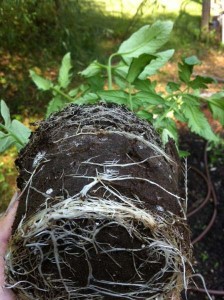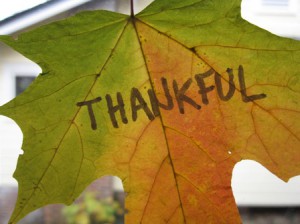 It’s the season for giving and receiving so it’s probably no surprise that I’ve been pondering the topic in some depth over the last few weeks. In particular, I’ve been thinking about the gifts I’ve received from having a writing life.
It’s the season for giving and receiving so it’s probably no surprise that I’ve been pondering the topic in some depth over the last few weeks. In particular, I’ve been thinking about the gifts I’ve received from having a writing life.
There have been many. Everything from the mundane (a love of really good pens) to the profound (a lengthy and life-changing interview with Elisabeth Kubler-Ross years ago). But three gifts stand out above all others.
First, writing allowed me to work and stay home with my kids when they were young. It wasn’t always easy juggling deadlines and revisions and (occasionally) book tours, but, for the most part, I was there before and after school, I was at the end of the phone if there was an emergency, and with a little bit of juggling I was able to pick up the odd volunteer shift for pizza day or the school fair. Speaking of fair, it’s only fair to point out that I did it with considerable support from Mr. Petrol Head who was as close to a hands-on parent as one can be when working out of the house.
The second gift writing has brought into my life is the ability to understand the (sometimes poor) behavior of people. Admittedly, I have a natural tendency to analyze people and try to figure out where they’re coming from anyway, but writing helped me grasp on a far deeper level how character and motivation can sometimes lead to choices and actions that are, well, less than ideal. Life can be challenging. People don’t always behave heroically. An awareness of what makes people tick hasn’t always prevented me from being hurt but it has helped me make sense of things and gain perspective.
Finally, writing has brought me wealth. Not money or new cars or the ability to travel on a whim, but wealth in the form of an abundance of friends. I’m incredibly lucky to have a community of friends and colleagues who get this gig in way non-writers don’t. They’re willing to celebrate the successes and commiserate over the challenges. They understand that writing may look easy but it’s not. That the lifestyle may look glamorous and carefree but that, too, is false. They know that many people have stories to tell but not many people are willing to put in the time and dedication needed to tell them, and tell them well. My writing friends are on the path beside me. Their very presence is a gift. A gift that continues to give and give and give some more.
To them I say thank you. And Merry Christmas.













Comments